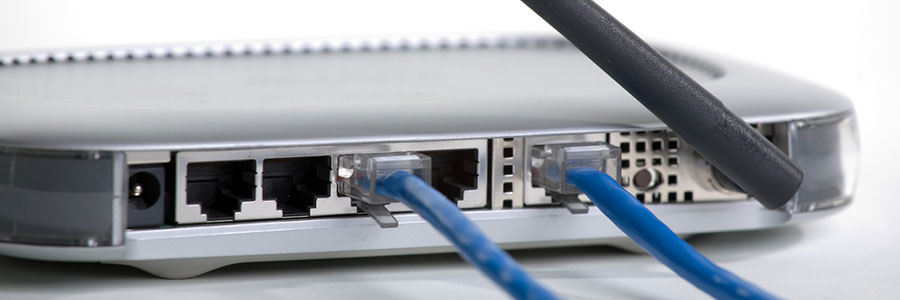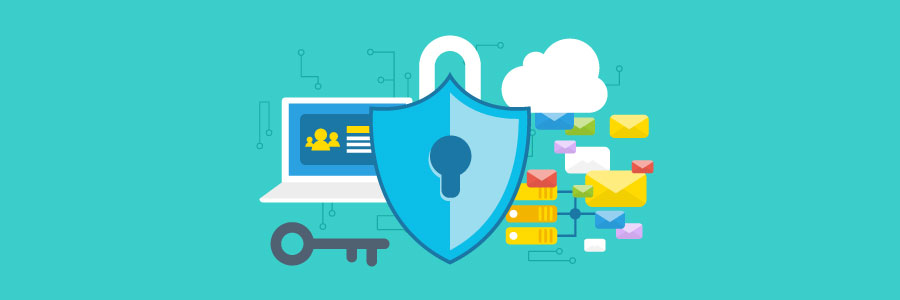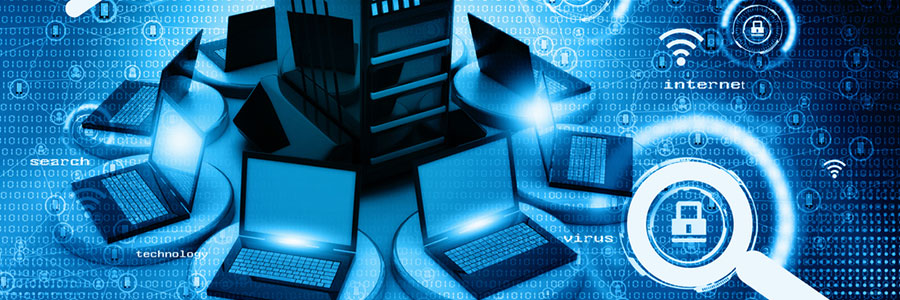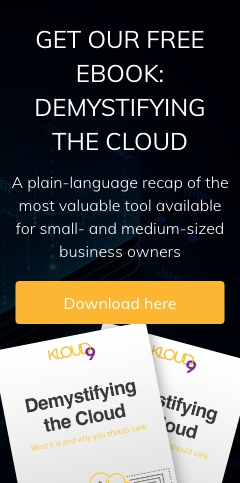The relationship between computer hardware and software can be frustrating. Both require the other to function properly, but both also require individual attention. Virtualization makes this relationship far more flexible, and we’ve got a rundown on a few of the best examples.
The benefits of virtualization in 2017
Wikileaks details router vulnerabilities

When we write about how antivirus software isn’t enough to keep you safe from malware, it’s not just scare tactics. There are so many ways hackers can break into your system that antivirus solutions will never catch. For a real-world example, look no further than the router exploit kit recently leaked from the CIA.
The Wikileaks CIA documents
For several months, the notorious website famous for leaking government data has been rolling out information it obtained from the Central Intelligence Agency.
Basic PC fixes are costing you money
How to defend against WannaCry
The cloud is more secure than you think

Even to this day, the perception of cloud technology suffers from a reputation for bad security. But as time goes on we’re beginning to see that cloud security is almost always better than that of local area networks. So whether you’re considering a cloud web server or internet-based productivity software, take a minute to learn why the cloud your best option.
Is fileless malware a threat to you?
Vulnerabilities on WordPress websites

“Easy-to-use,” “SEO-friendly,” “open-source,” and “customizable.” These are some of the words that best describe WordPress, currently the most popular Content Management Solutions (CMS) platform. With thousands of websites affected in a recently launched series of attacks, “easy to target,” “hackers’ favorite,” and “prone to attacks” could soon be used to define the experience of running a WordPress website.
Browsers leak sensitive info to hackers

The Autofill feature fills a void in the web browsing habits of many. It eliminates the need to enter all your details when logging on your social media accounts or when checking out your basket after e-shopping. On Chrome and Safari browsers, however, danger lurks when you rely too much on autofill.







